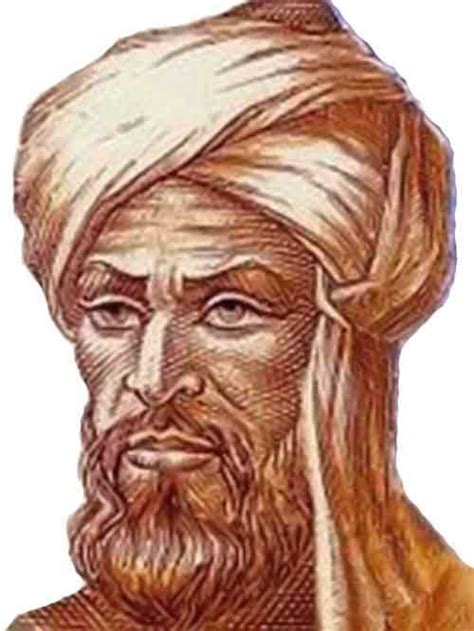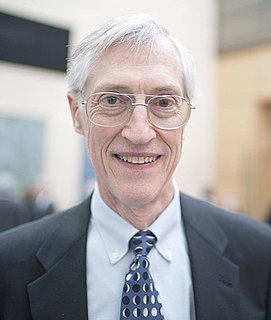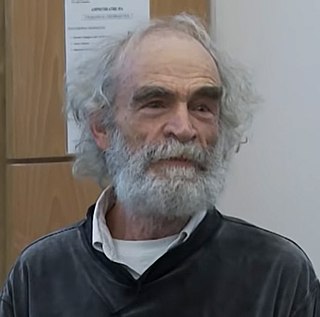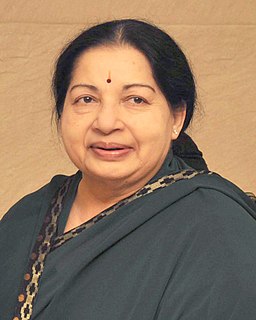A Quote by Lee Smolin
The page of my notebook was filled with many messy integrals, but all of a sudden I saw emerge a formula for counting. I had begun to calculate a quantity on the assumption that the result was a real number, but found instead that, in certain units, all the possible answers would be integers. This meant that areas and volumes cannot take any value, but come in multiples of fixed units.
Related Quotes
When I consider what people generally want in calculating, I found that it always is a number. I also observed that every number is composed of units, and that any number may be divided into units. Moreover, I found that every number which may be expressed from one to ten, surpasses the preceding by one unit: afterwards the ten is doubled or tripled just as before the units were: thus arise twenty, thirty, etc. until a hundred: then the hundred is doubled and tripled in the same manner as the units and the tens, up to a thousand;… so forth to the utmost limit of numeration.
'Conservation' (the conservation law) means this ... that there is a number, which you can calculate, at one moment-and as nature undergoes its multitude of changes, this number doesn't change. That is, if you calculate again, this quantity, it'll be the same as it was before. An example is the conservation of energy: there's a quantity that you can calculate according to a certain rule, and it comes out the same answer after, no matter what happens, happens.
It's like in biological evolution: The population will evolve, even though individuals can't. The same thing happens in the corporate world: The population of business units within corporations evolves, even though individual business units can't. That's because the capabilities of business units reside in their processes and their values, and by their very nature, processes and values are inflexible and meant not to change.
We were not having any fun, he had recently begun pointing out. I would take exception (didn't we do this, didn't we do that) but I had also known what he meant. He meant doing things not because we were expected to do them or had always done them or should do them but because we wanted to do them. He meant wanting. He meant living.
What I think is coming instead are much more organic ways of organizing information than our current categorization schemes allow, based on two units - the link, which can point to anything, and the tag, which is a way of attaching labels to links. The strategy of tagging - free-form labeling, without regard to categorical constraints - seems like a recipe for disaster, but as the Web has shown us, you can extract a surprising amount of value from big messy data sets.
It was only my second night in Africa, yet something had begun to grow inside me which I could not stop, as if my childhood dreams had finally found the place where they could materialize. I had arrived where I was always meant to be. I did not know how it could be practically achieved, but I was certain beyond any shadow of a doubt that it was here that I wanted to live.

































